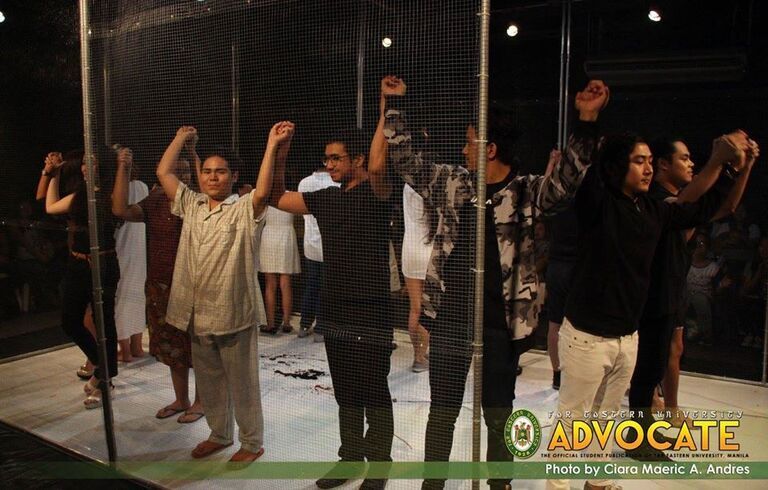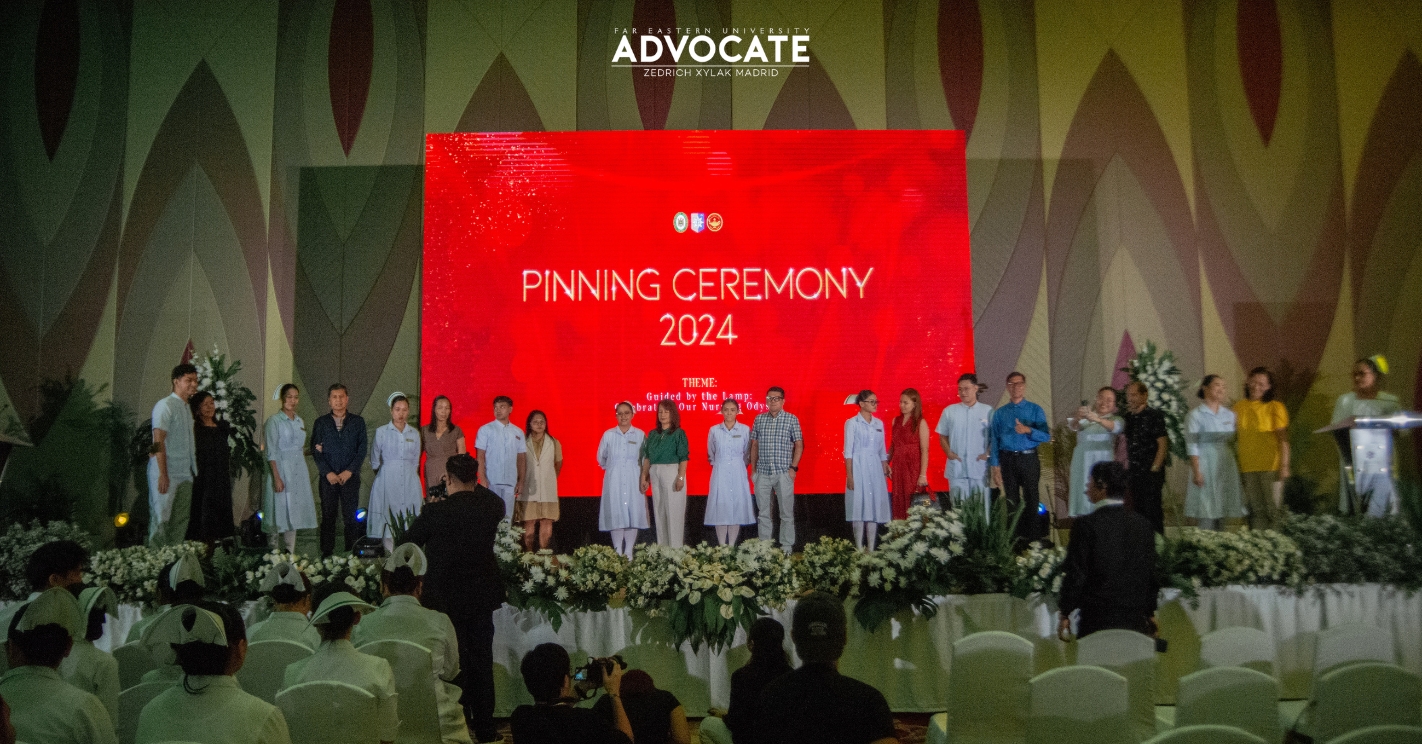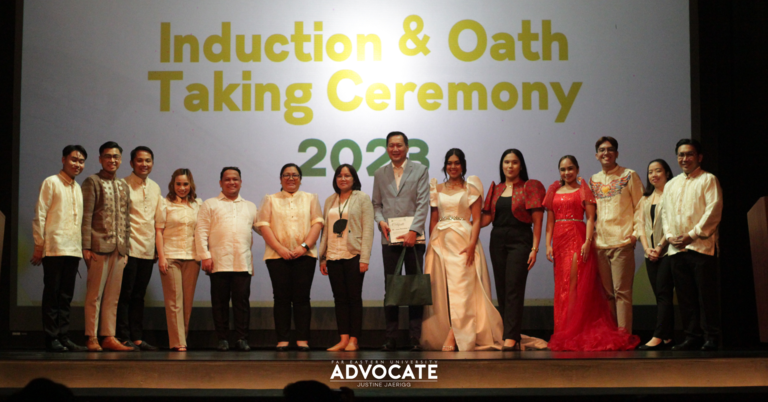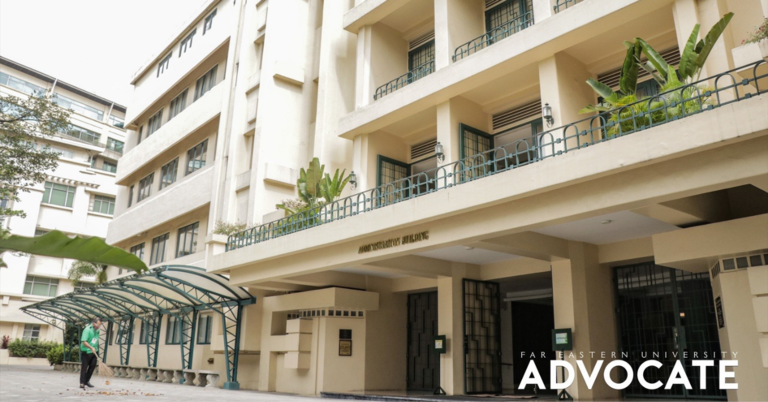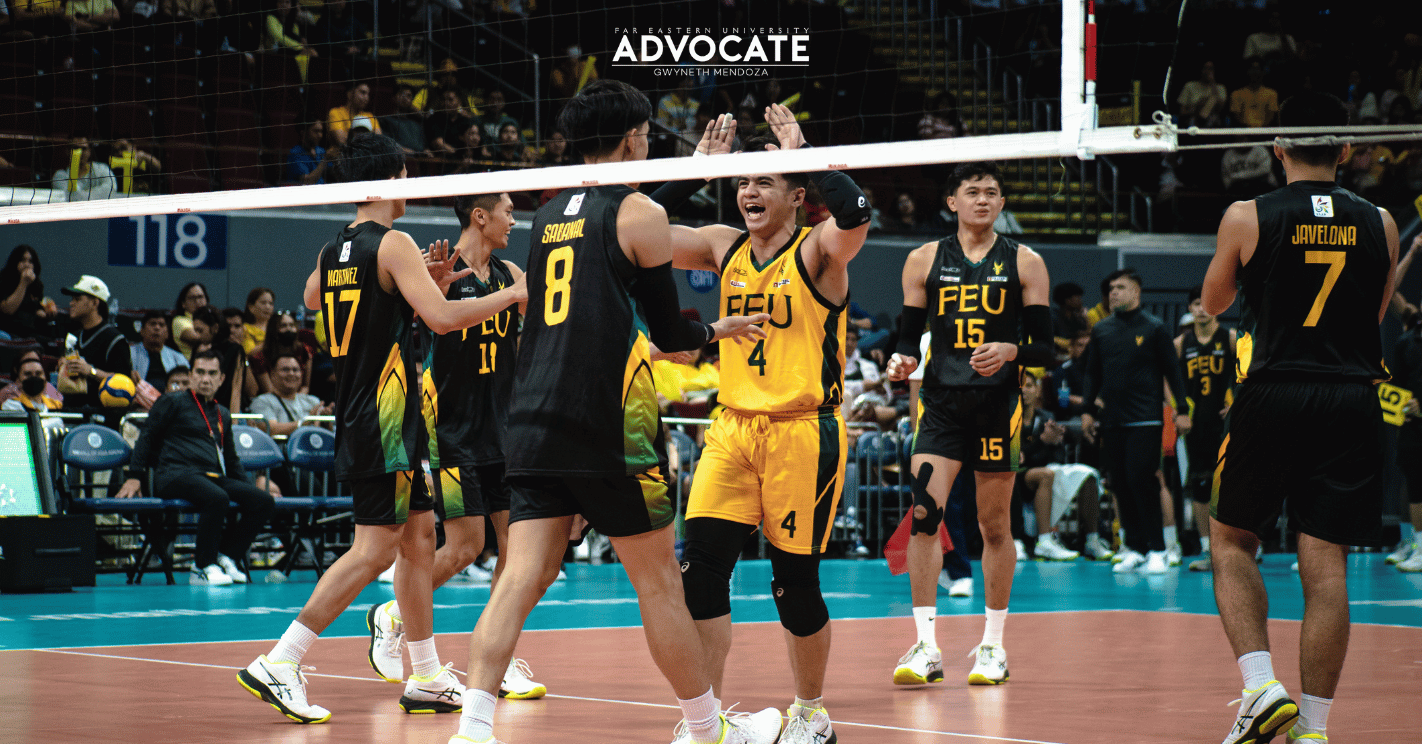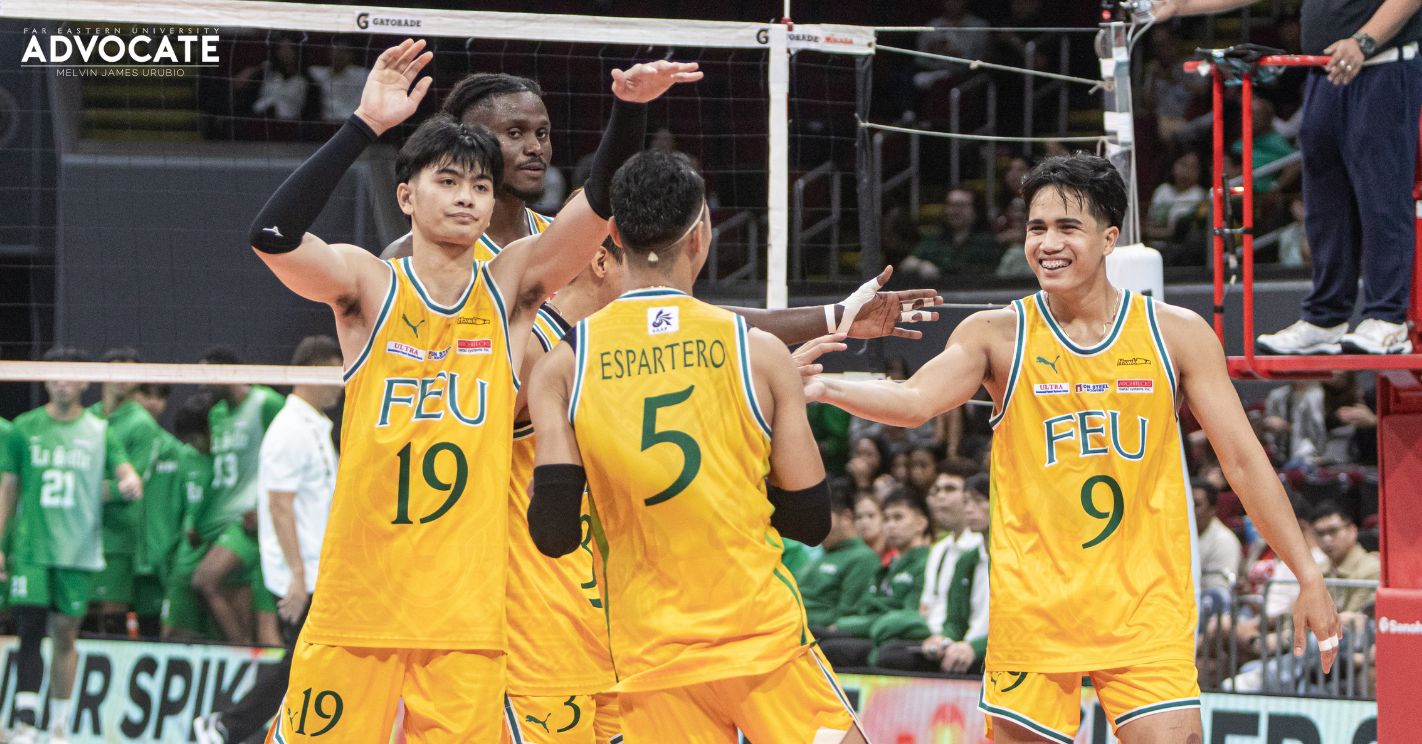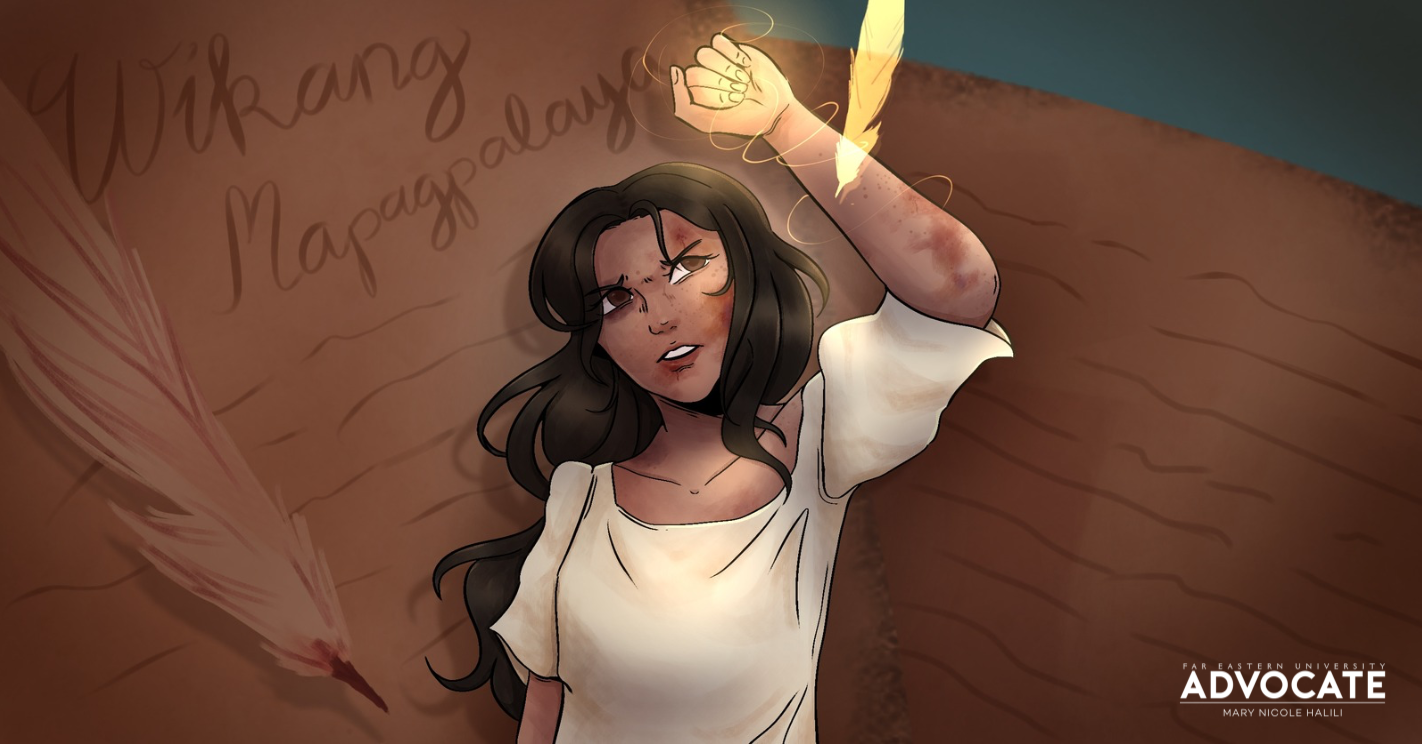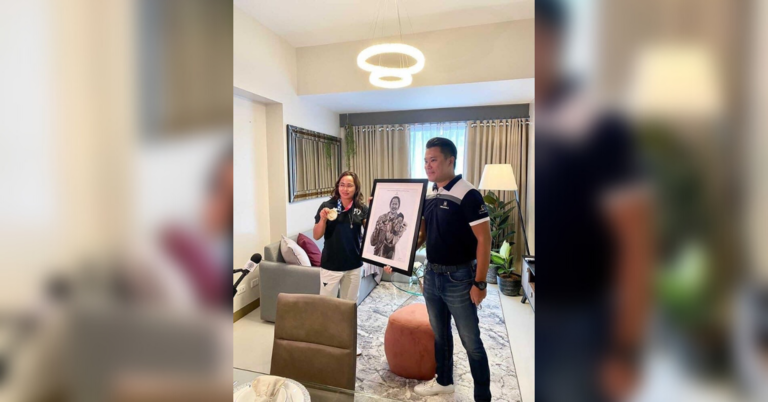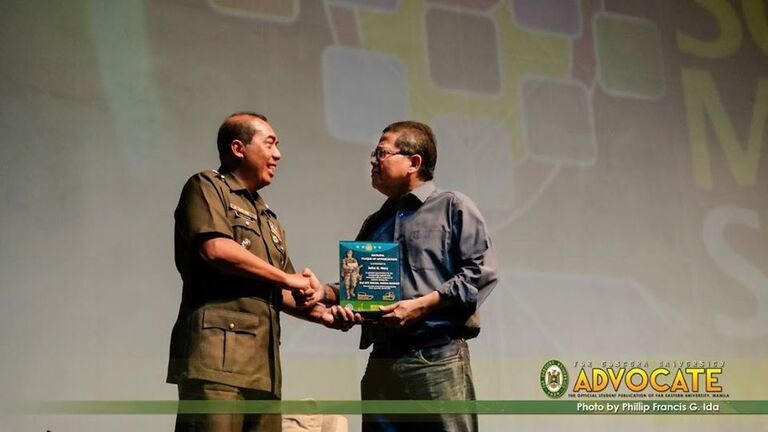
AFP holds its 3rd Social Media Summit
- July 17, 2016 17:01
FEU Advocate
June 16, 2024 15:29

By Shayra Ayah S. Laja
Far Eastern University (FEU) Oratorical and Debate Council (ORADEC) adapted to various changes upon resuming its participation in the United Asian Debating Championships (UADC) 2024 held at the BERJAYA University College in Kuala Lumpur, Malaysia last May 31 to June 8.
FEU had two groups participate in the competition with Team A consisting of Rodel Patrick Apepe, Kenneth Thomas Canque, and Stephanie Cayabyab.
Team B includes Eryl James Cabiles, Denise Angel Montes, and Christian Rafael Gayoso.
Meanwhile, Johanan Isaac Bagalawis served as the adjudicator representative, observing the debaters and providing them with constructive criticism.
In an online interview with FEU Advocate, Team A’s Canque elaborated the adjustments they made as a result of the debating circuit’s pause.
“We’ve been actively competing, participating in the circuit, trying to get a feel of how the circuit is now post-pandemic because noong (during the) pandemic, everything was put on a halt… Nagbabago na ‘yung meta, nagbabago na ‘yung mga strategies ng mga teams (The meta is changing, the teams’ strategies are changing), how they argue, what priorities should be in front when there is a debate,” Canque shared.
Canque also claimed that the University’s return to the international debating scene showcased the debaters’ commitment to improve and compete.
“We were able to, at least, have the rest of the Asian communities know na (that) Far Eastern University will always be here to cross-train, will always be here to compete, and I think that can be said for how can we exactly expand our capacities, our horizons as a competing team, as a competing organization,” he explained.
Furthermore, FEU ORADEC Adviser Mark Salvador Ysla emphasized the need for more regular international exposure to hone the skills of FEU debaters.
“We have the skills. to But, the skills are not enough. We also have to look into the trends in the debate so that we would be able to incorporate it sa kung ano ‘yung alam na natin (to what we already know),” he elaborated.
The adviser also attributed the limited opportunities for international exposure in UADC, World Universities Debating Championships, and Australasian Intervarsity Debating Championships to the high costs associated with participating in the competitions.
“Hindi talaga kasi tayo consistent nagpapa-send ng debater[s] sa international scene (We are not really consistent in sending debaters to the international scene). Of course, you have to consider the budget… The last was, like, pre-pandemic. We joined UADC [in 2019],” Ysla said.
ORADEC’s last international appearance was during the International Public Speaking Competition last May 2019.
Despite the challenges, Apepe described the competition as a significant milestone in the group’s debating journey.
“Debating in the UADC and Worlds or in WUD is an achievement in and of itself… Dito natin malalaman kung sapat ba talaga ‘yung preparasyon, sapat ba talaga ‘yung mga materials, sapat ba talaga ‘yung paghihirap na in-endure namin as debaters (This is where we learn if our preparation, materials, and the hardships we endured as debaters were adequate),” he shared.
Out of 60 teams, the two groups completed the eight elimination rounds but failed to proceed to the octo-finals, where 16 teams competed for a place in the final round.
Team A and B fell short of the margin by one and two points, respectively.
UADC is an annual international debate tournament where universities across Asia send debate teams to participate in the eight elimination rounds in hopes of competing in the finals.
(Photo courtesy of FEU ORADEC)

